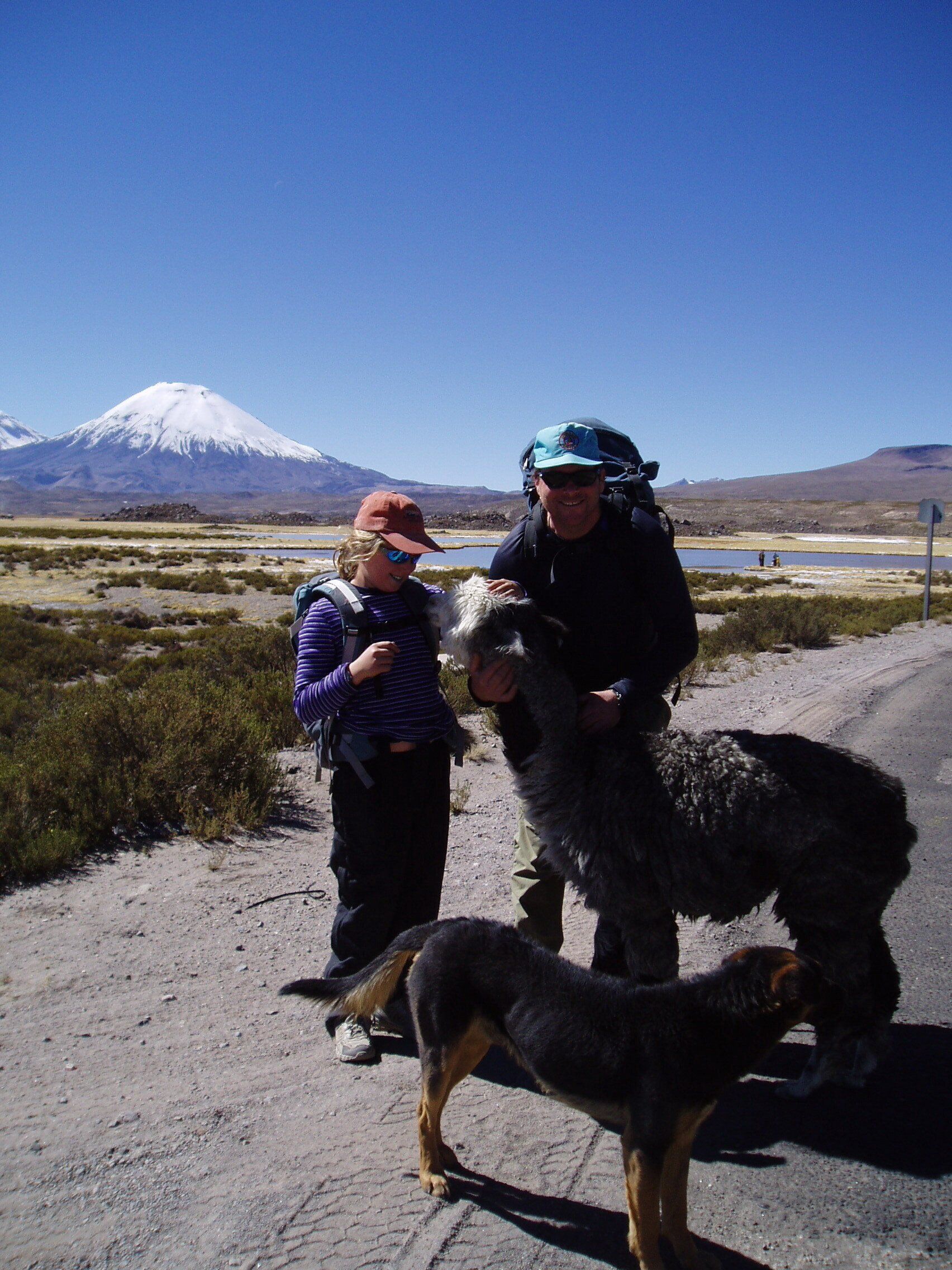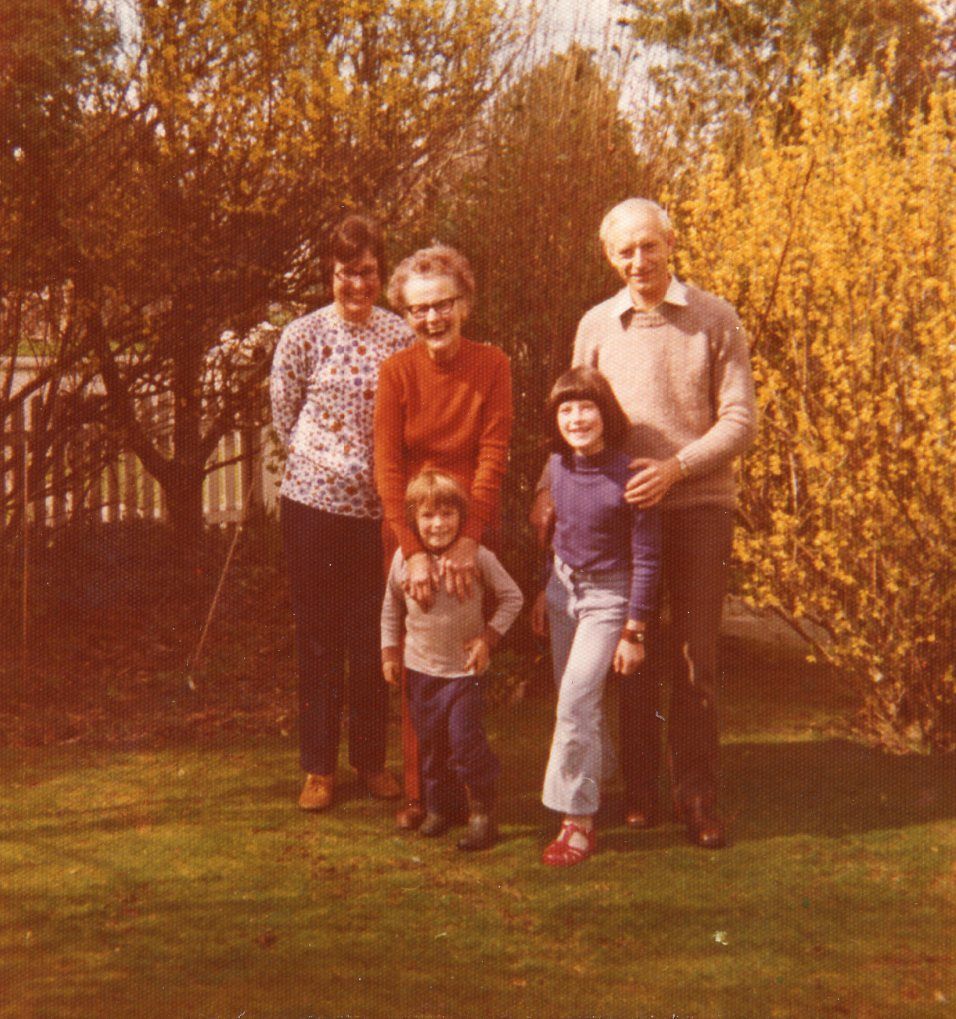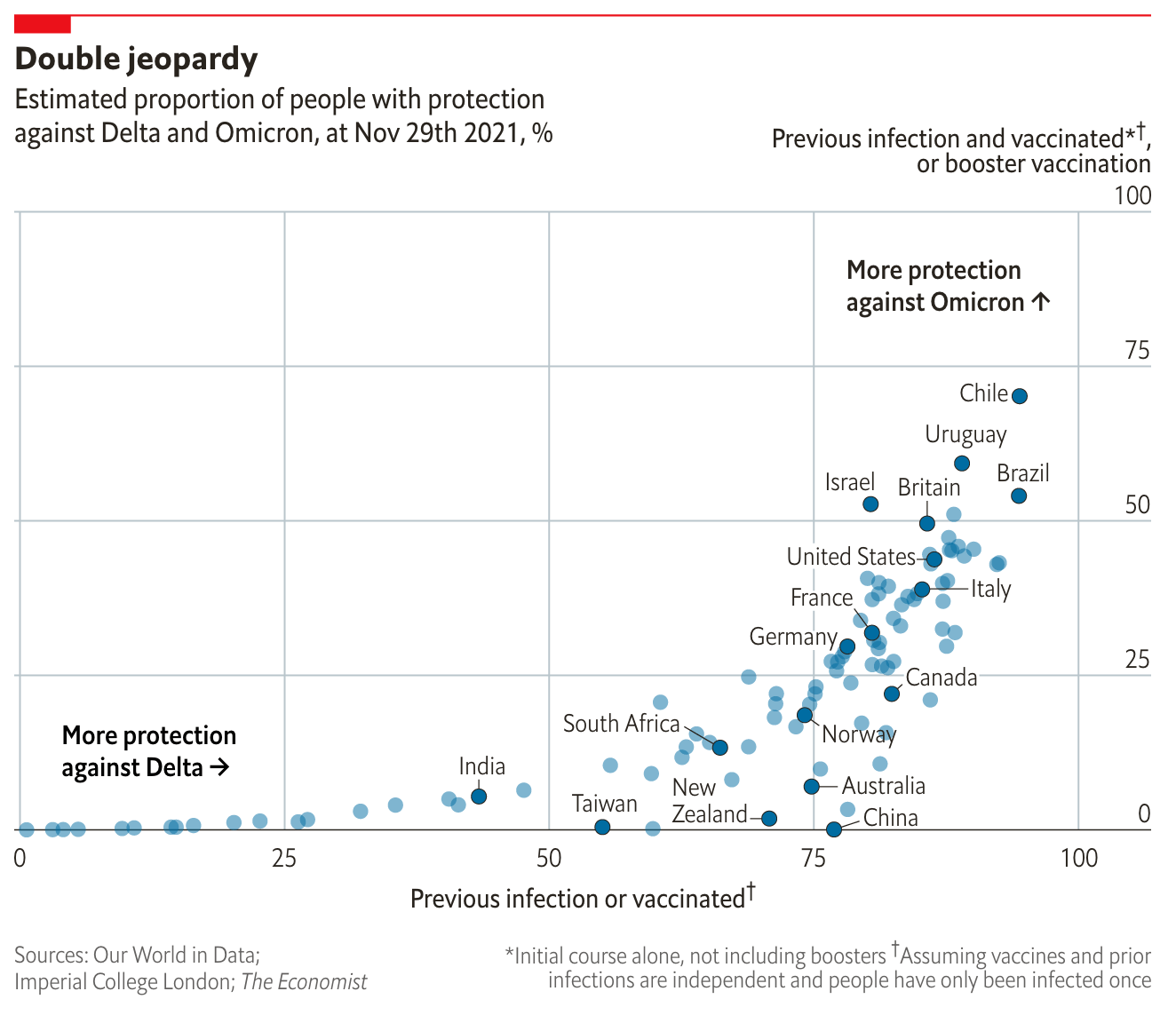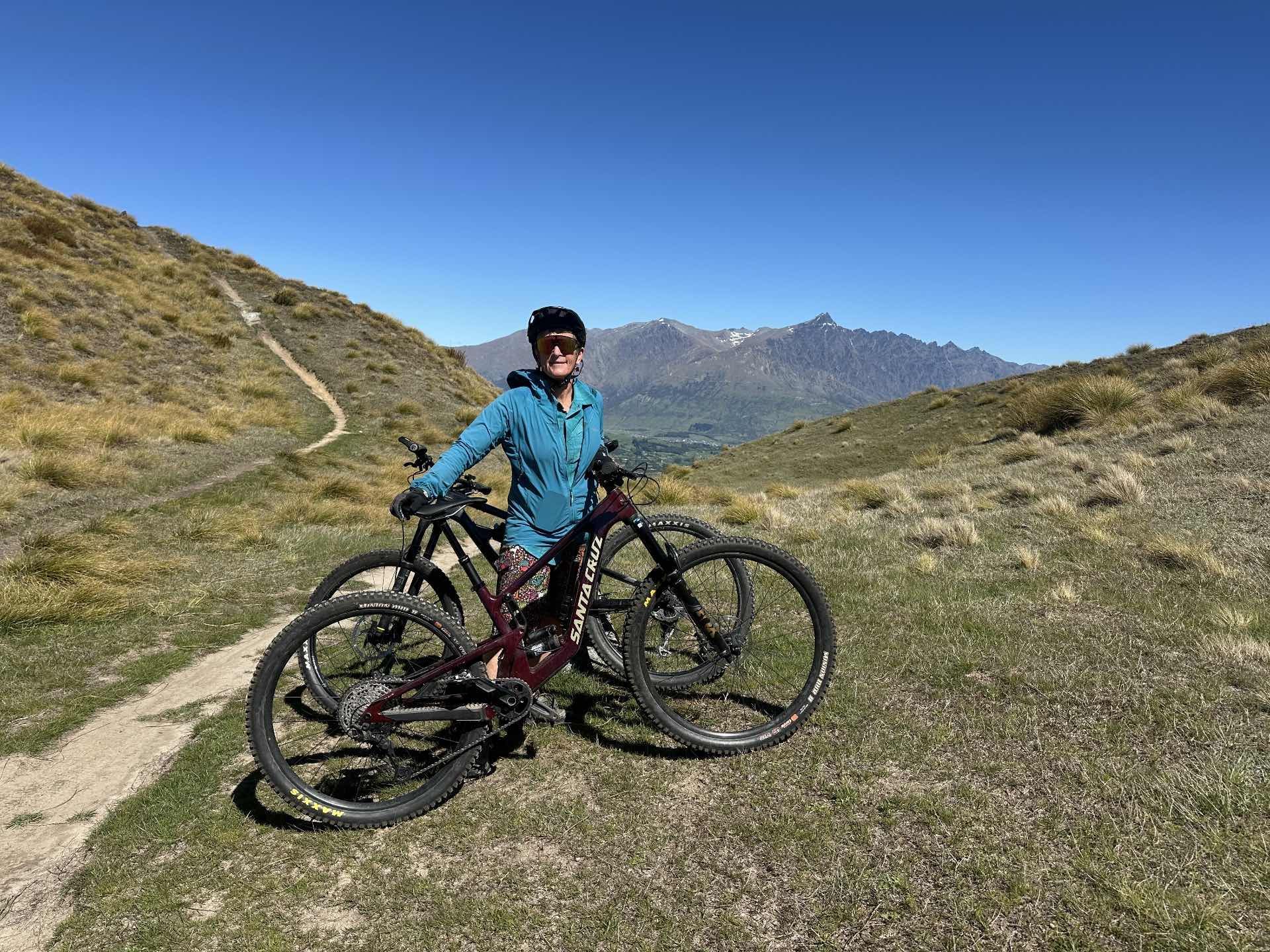South American planning

I am inherently predisposed towards planning and preparing well in advance. I was the type of kid who started their homework when they were given it and have turned into the sort of adult who does the same – I have my songwriting class on a Tuesday and I start my homework on a Wednesday (occasionally on a Tuesday night if I feel inspired). Life feels so much more manageable when I am actively reducing the number of items in my inbox and when deadlines are out in the future.
One specific contradiction to my liking to be prepared, is packing for trips away. I pack as late as is possible (though I do admit to doing mental packing and lists beforehand). Why this contrast? It’s because of too many trips that didn’t happen when I was at school. During the 1970s, strikes were a constant occurrence. The strikes I particularly remember were those of the Marsden Point oil refinery workers and the port workers. Both groups had the power to bring the country to a standstill. The port workers stopped transport of goods and, importantly, the Cook Strait ferries.
At the time, trips away were largely by car therefore any trip to the North Island involved a ferry ride. In the lead-up to any sports or orchestral event in the North Island, I would be praying that a strike wouldn’t be announced because, if it was, that would most likely spell not going to the event. The mechanism I developed to cope with the potential disappointment was to minimise my expectations. I would not believe that a trip was going to happen unless it was actually confirmed as happening. Packing is part of expecting a trip, therefore packing should not happen until the trip is confirmed. Because of the short timeframe in which strikes were called, this meant one didn’t believe in a trip until the day before.
Moving into adulthood, strikes were rarer and my degree of control over my trips away increased. However, my delayed packing approach stuck with me. It hasn’t had any adverse effects so I haven’t felt the need to change. Isn’t it amazing how fashions roll around again, time after time – a habit that one has adopted for a particular situation can become useful again later. In the 1970s bellbottom trousers were mainstream fashion, they returned in the 1990s and, at the end of the 2020s, they came back again. They have seemed like a fashion mistake every time, but that hasn’t stopped them being resurrected.

Like bell bottoms, mechanisms to avoid disappointment about plans have returned to utility. Sarah was remarking on the way that COVID has impacted people’s forward plans such that people have given up planning. I think this is the case for a variety of groups of people. Youth, who are often the people most busy with a range of activities, are particularly impacted. Do you plan to go to a concert that might not take place because of a change in the government’s rules around COVID? Do you plan to undertake a course of tertiary study when you might end up studying on your own in your bedroom with your greatest excitement being Zoom classes? Do you plan to go on an extended overseas trip when you planned such a trip in 2020 and 2021 and it couldn’t take place either time?
If you are a business, do you strategise as to how you might weather the coming months or year of a COVID world? Business people, like youth, talk of plans they have made during COVID, which new COVID events have prevented coming to fruition. Business people talk of not bothering to plan any more, because why plan when you have so little control over a situation and so little knowledge of what might actually eventuate.
We are facing COVID uncertainties full force now, with Omicron approaching, and getting in the door in Christchurch MIQ and in Rotorua/Auckland. We were coasting along mid 2021, with our vaccine rollout starting to take shape, when Delta came knocking and degrees of uncertainty stepped up. Despite an increase in the rate of COVID vaccinations, eventually a Delta case ‘escaped’ MIQ, the country locked down for 3 weeks and Aucklanders ended up in lockdown for 100 days. Only a couple of weeks ago it looked like we were pretty sweet – full vaccination rates climbing towards 90% (noting that ‘full’ vaccination has moved from 2 doses + 2 weeks to 2 doses without the required time for the second dose to take effect). Then Omicron hit the news and now we are at the bottom of the likely league tables in terms of the resistance of our population to the new variant.

Ashley Bloomfield has disappointed me this week by saying that it is “not inevitable” that Omicron will get into the population. I don’t know how he can believe such a thing is possible.- it seems like unhelpful, magical thinking. Omicron appears to be rapidly taking over as the dominant strain worldwide and is around 3 times as transmissible as Delta in the community, although there is still no evidence that it causes more severe disease (the jury needs to stay out on whether it causes less severe disease until considerably more unvaccinated people, people who haven’t had COVID and older people have been infected). We didn’t manage to keep Delta in check; I am not blaming our systems for this – a highly infectious disease is very hard to isolate completely. However, I also don’t hear that we have massively improved our systems since the Delta case got out, so why would we be better at containing a variant that is 3 times as transmissible as one that we did not manage to contain?
Omicron is here with all the uncertainties it is going to bring, and more uncertainties are in the wings. Is this the time to take a more South American approach to life? Franco from Argentina has recently taken up residence in our back paddock in his caravan. Franco is one of the many migrants who lost their jobs as a result of COVID (he was the Marketing Manager for a school teaching English as a foreign language). Franco’s reaction to COVID was to work with a number of people on setting up support mechanisms and networks for other migrants, living off his savings for the time being although the time being is now becoming time extended.
Chris, Sarah and I were chatting with Franco about going to events and hosting events and how hard it is for people to commit to events at present. Franco said “Well that’s how life generally is for South American’s. You go with the flow, see what happens and then decide what you are going to do.” I’m thinking this is a great time to have a South American influence in the back paddock. It’s spring and the grass is growing really fast; we could have a llama that would eat the grass or we could have Franco who mows the grass. Llamas spit, and spitting is not an acceptable behaviour in COVID times. Beyond that, hands down, conversations with Franco are far more interesting than any conversation I have ever had with a llama.







